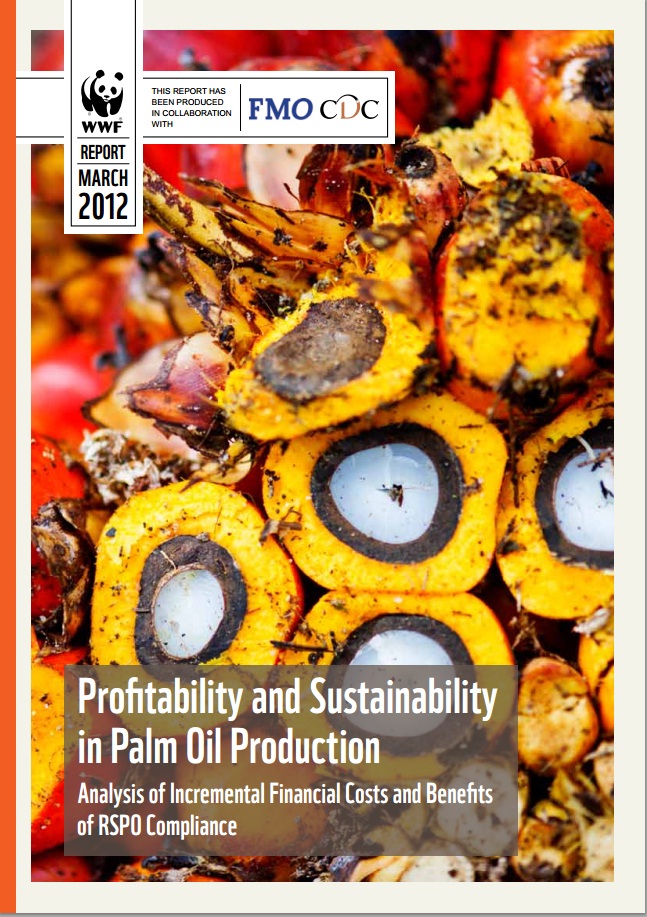Profitability and Sustainability in Palm Oil Production: Analysis of Incremental Financial Costs and Benefits of RSPO Compliance

2012
The report examines the financial costs and benefits of implementing the Principles and Criteria of the Roundtable on Sustainable Palm Oil (RSPO) that are incurred by palm oil production companies as well as smallholders within these companies' value chains. The report also provides guidance for various players in the palm oil value chains to optimize the benefits of RSPO certification.
País: Algeria, Angola, Benin, Botswana, Burkina Faso, Burundi, Cabo Verde, Cameroon, Central African Republic, Chad, Comoros, Congo, Côte d'Ivoire, Democratic Republic of the Congo, Djibouti, Egypt, Equatorial Guinea, Eritrea, Ethiopia, Gabon, Gambia, Ghana, Guinea, Guinea-Bissau, Kenya, Lesotho, Liberia, Libya, Madagascar, Malawi, Mali, Mauritania, Mauritius, Mayotte, Morocco, Mozambique, Namibia, Niger, Nigeria, Réunion, Rwanda, Saint Helena Ascension and Tristan da Cunha, Sao Tome and Principe, Senegal, Seychelles, Sierra Leone, Somalia, South Africa, South Sudan, Sudan, Swaziland, Togo, Tunisia, Uganda, United Republic of Tanzania, Western Sahara, Zambia, Zimbabwe, Indonesia, Malaysia, Non-country specific
Productos básicos: Oil palm fruit, Palm kernel
Formato: Profitability, Sustainability standards - certifications - brands - and labels
Autor: Joshua Levin, Ginny Ng, Desmond Fortes, Sarah Garcia, Samantha Lacey, Donald Grubba
Organización autora: World Wildlife Fund (WWF), CDC Group, The Netherlands Development Finance Company (FMO)
Editorial: World Wildlife Fund (WWF)
Tipo: Case study
Formato: Document
Referencias (Descargar): EN
